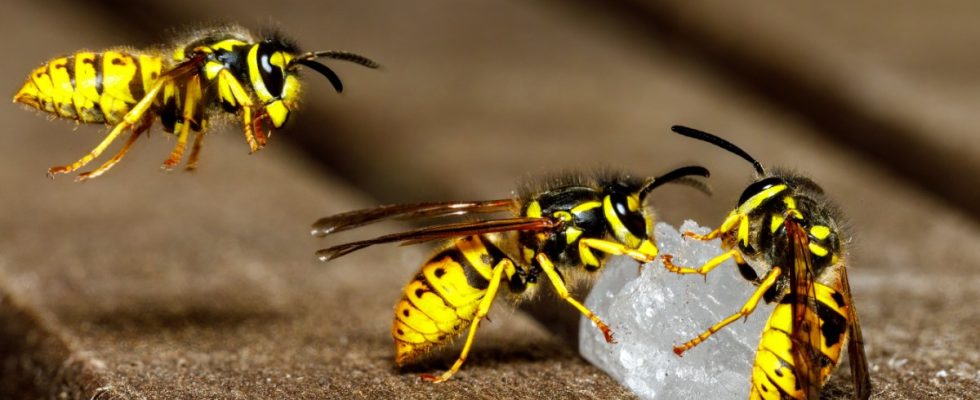If you look at advertising for camping holidays or accessories and if you listen to convinced campers when they (again) talk very fundamentally about the advantages of camping, you get the impression that the biblical expulsion from paradise did not take place after all . Or at least it doesn’t apply to everyone.
There are tents under pine trees and campervans right by the sea, and if there’s a second tent or campervan anywhere in sight, it’s blurred in the distance. They are images of vastness and freedom and independence. And, most importantly, the surrounding nature is friendly. On the one hand it is friendly enough to be intact and on top of that to form a picturesque landscape. On the other hand, she is kind enough not to bother the campers with anything other than her beauty. For example, through rain or intrusive animals.
The reality, of course, often looks different. The campers all sit in each other’s barbecue smoke. Or if they’re lying in a hammock, it doesn’t take long before someone shoots a ball in their face. The view of the sea is obscured by the campers in the four rows in front of you. And wherever you step, there is a tent peg stuck in the ground. If the ground isn’t sealed anyway, because the paths to the reception, the small supermarket and the showers are all asphalted, of course, so that they don’t turn into mud paths when it rains, which also happens in Croatia or Sardinia.
With the closeness to nature of a camping holiday, that’s a thing. This has also been recognized in Schleswig-Holstein and there is a need for correction. From now on, campsite operators will receive generous subsidies if they invest in the preservation of biological diversity. So if they make their pitches more what they should be in the eyes of camping enthusiasts: a piece of nature in which one likes to spend time.
Funding is provided, for example, for insect hotels, nesting boxes for birds and bats, the construction of small bodies of water and the replacement of outdoor lighting with lights that are more compatible with insects and bats. This is well intentioned, but will end in a fiasco for many campers.
Lights that don’t attract as many animals in the dark may mean that you stumble over the neighboring camper’s bobby car even more frequently at night, when the blister from the sixth can of beer is squeezing and it’s even easier to mix up the tent on the way back and accidentally open it a foreign sleeping mat jostle.
And all the crawling and humming animals that breed on and in the many new small bodies of water or insect hotels: in swarms, they will pounce on cakes, lemonades, ice cream and grilled sausages. Chased by predatory birds and bats, who defecate on camping stools, air mattresses and swimming trunks hung out to dry.
Of course, none of these are arguments against this environmental measure by the Schleswig-Holstein government. Biodiversity has suffered greatly in monocultural rural rapeseed or wheat wastelands. There is an urgent need to change that. For campers, this could mean that they will soon get more nature than some of them would like.
The author prefers hotels and holiday homes for many reasons.
(Photo: Bernd Schifferdecker (Illustration))

